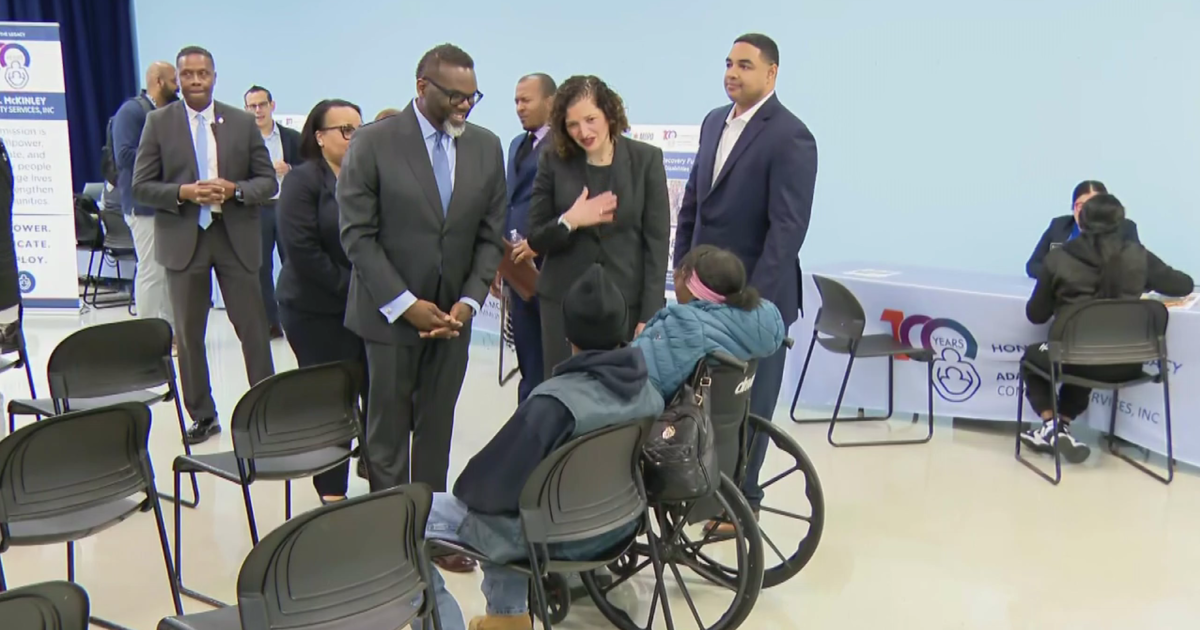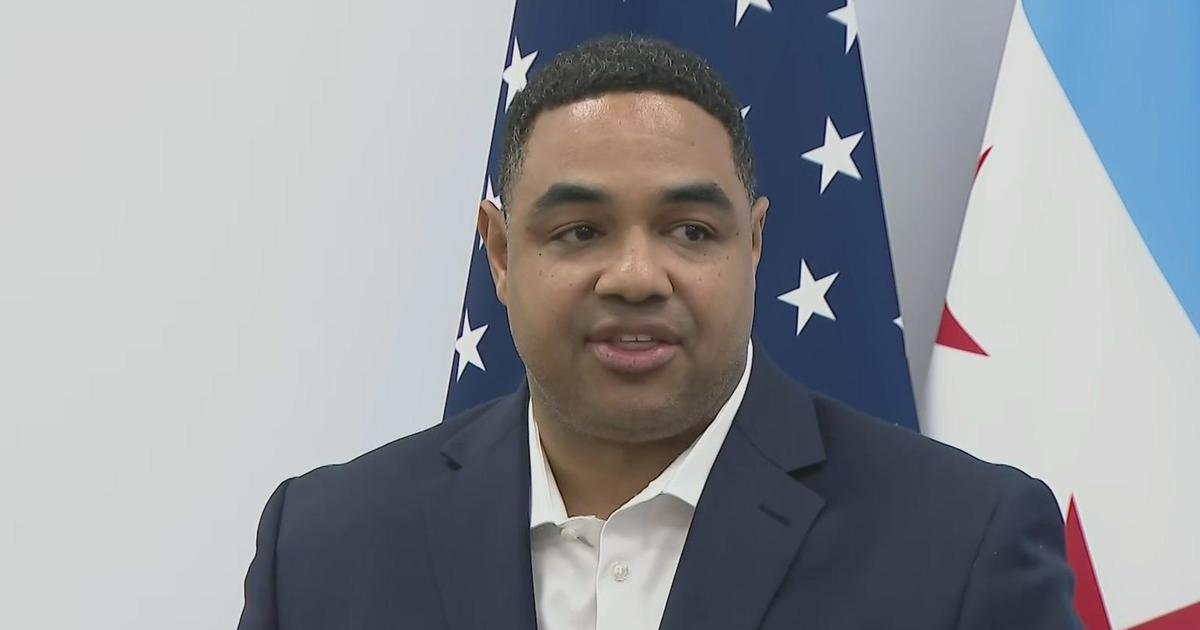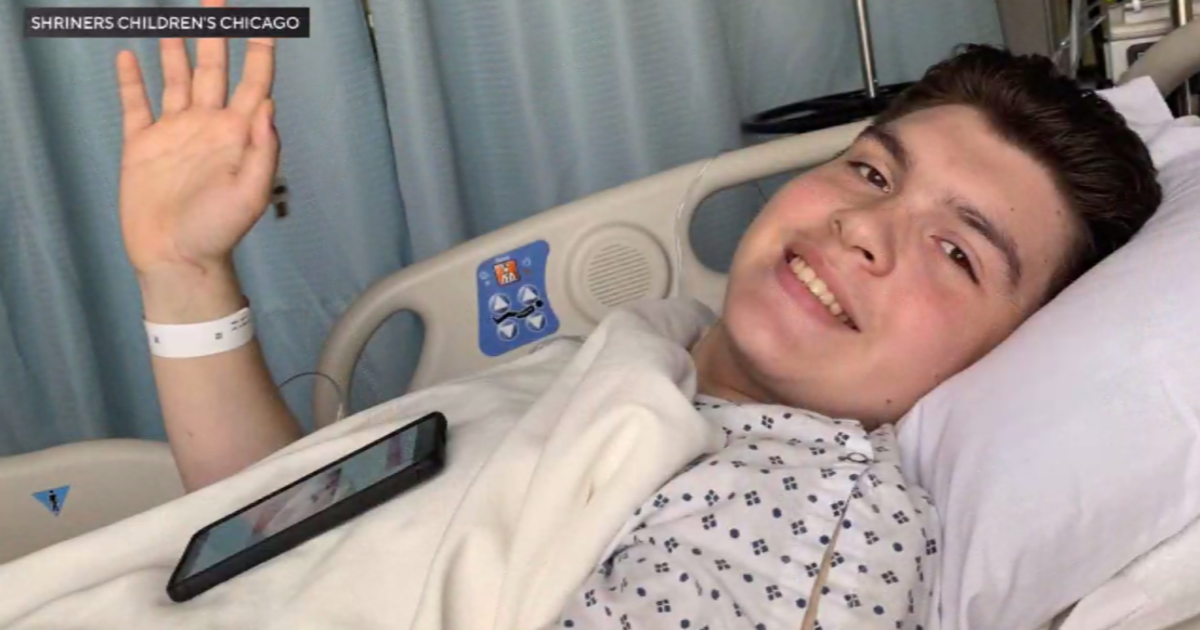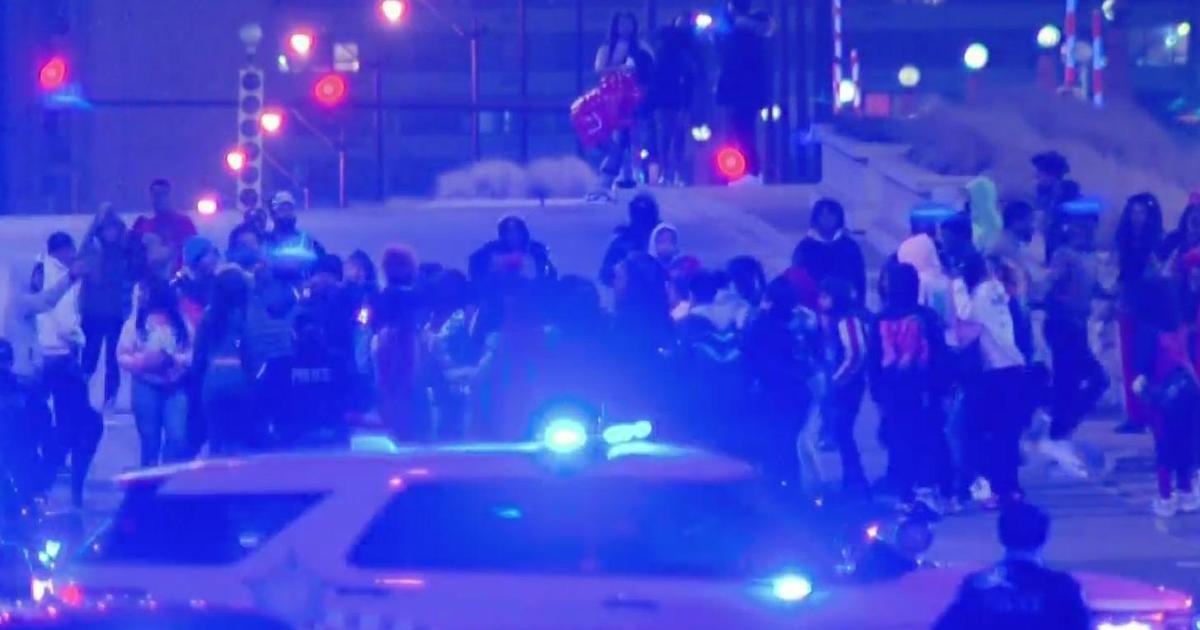Mayoral Candidate, Dr. Amara Enyia: Chicago Has A 'Political System That No Longer Works For The People'
Interview by Mason Johnson -- Part 1 of this article was published on Monday, June 16th...
"I can do the job. If tomorrow they said, 'Oh we need someone!' I could do it. There's no doubt in my mind," says Dr. Amara Enyia after I question her unconventional political rise.
Dr. Amara Enyia already has hundreds of volunteers, despite having just announced her candidacy for Mayor of Chicago in the February 2015 election a few weeks ago. Able to begin filing petitions at the end of August, Amara's campaign is positive they can get more than 50,000 signatures – far more than the 12,500 required to run for Mayor. Needless to say, Amara, who left City Hall in 2011 to do community work in some of Chicago's most impoverished neighborhoods, is off to a good start.
In the first half of my interview with Dr. Amara Enyia, I briefly covered Amara's political journey before her decision to run for Mayor. In this article, I hope to give you a better idea of what kind of Mayor Dr. Enyia thinks she will be, if elected.
In talking to Amara, one theme was brought up time and time again: Honesty -- something she feels the current administration has been lacking, especially in regards to last year's school closings. Another Chicago Public Schools issue Dr. Enyia thinks needs more honesty is the Tax Increment Financing (TIF) program, which is a slush fund that pulls property tax dollars that could, in part, go to neighborhood schools out of certain districts, then uses those funds to instead promote public and private investments across Chicago.
"We have to get back to using the TIFs for the reason they were originally created, which is to spur economic development in blighted areas," Amara says. "There are so many that are not seeing the benefits of the TIFs in their neighborhood. In terms of the individuals that are involved in advising on how TIF dollars are spent, what projects are being financed (in whole or in part through TIF dollars), who's getting the money, who's making those decisions... To me, there's not enough transparency around those decisions. And these are public dollars!"
Speaking about Chicago crime, Dr. Enyia feels the root of Chicago's violence problems is the "city's inability to address the poverty and inequity that exists in the communities."
"The way you address the issue of violence is through investment," Dr. Enyia continues. "You have to invest in human capital and you have to invest in the resources -- infrastructure, businesses, those sort of things -- in the communities."
Amara feels that restorative justice programs can help accomplish some of these goals, using the Austin Coalition for Youth Justice as an example: "They train people in peace circles, where you gather people together and you help them sort through some of the issues they experience in their everyday life. In some of those circles you'll see people who've had conflicts, or even gang rivalries, and it's an outlet to process a lot of the experiences that people living in poverty have to endure."
In a city like Chicago, where some children experience violence in their neighborhoods daily, it's programs like the Austin Coalition for New Justice that sometimes have to make up for the lack of resources from City Hall.
"When we cut funding in our schools, then there are no counselors on staff who can help kids process through their emotions. So when a kid explodes and somebody gets shot, it's not just that that kid has a predisposition to violence, it's that the cumulative impact of what they experience -- the poverty, seeing violence, even experiencing it, and then the lack of an outlet to properly process through those emotions -- has led to this incident."
"My vote is to take restorative justice and expand it and make it part and parcel for the city's violence prevention strategy," says Amara. "I don't believe that policing and locking people up is the solution, I think it has to be an investment and it has to be in the expansive programs that provide opportunities for young people to be plugged in, but also to be able to contribute positively to their communities, instead of diverted into the prison system."
When I ask for examples of how to fund these programs, especially in a city dealing with major debt and pension problems, Amara turns to not one, but three F words to address Chicago's financial woes: Frankness, fairness and frugality.
"Frankness means we just have to be open and up front about what our financial situation is," says Amara.
When it comes to frugality, Amara says she wants to stop "the deals that only politically connected individuals are able to make, that are under the table -- millions of dollars to the biggest spender."
In other words: No more cronyism.
With fairness, Amara thinks it's important everyone pay their fair share. "You pay your sales tax, businesses that are in a TIF district pay additional taxes on top of the taxes that they pay, and then on top of that we've got our fines, fees, tickets... All of these things we pay by virtue of living in the city, but yet our corporations don't pay their fair share of taxes."
With corporations, Dr. Enyia wouldn't only move to close tax loopholes, she would push for a financial transaction tax, or what's been dubbed the LaSalle Street Tax. This would be a tax on commodities and derivatives instead of an increase in property taxes, which she says would just be another hit to middle and lower income homeowners.
I remind her that detractors worry the LaSalla Street Tax could ruin Chicago's financial market.
Amara is undeterred: "There are very specific reasons for why these corporations are located here," she responds, citing the city's location, size and public transit system. "I don't think that it's valid to state that this tax, which is nominal -- it might be a 5 cent or 25 cent tax on each trade, something that they never see -- I don't think it's valuable to say if that were implemented they would all leave. Where would they go? Now some might leave, but I don't think the entire sector would shut down. I think that's something that's been said to scare people from actually considering this as an option."
To put this "nominal" tax into perspective, the Chicago Mercantile Exchange averages millions of contracts a day with most trades being worth hundreds of thousands of dollars.
For Dr. Enyia, the upcoming mayoral election next February is bigger than any single issue or candidate. To her, it's about the "transformative change in a political system that no longer works for the people of the city."
She's not fazed by the fact that the name Rahm Emanuel is far better known than her own, or the reality that Emanuel can raise ten times the amount of cash that she can. She's not even bothered by the cynicism some Chicagoans have resigned themselves to – the idea that their vote doesn't matter. Like Jane Byrne and Harold Washington, Dr. Enyia plans to prove that you don't have to be ordained by the Daley family to get to the top of the Chicago political hierarchy.
"This is about the state of our democracy, and in order to have an effective democracy, you've got to be willing to look at individuals for who they are and question 'What are their values?'" Amara tells me near the end of our discussion.
And that's all she's asking of Chicagoans. To take a good look at everyone running and to ask, "What are their values?"
And to, you know, vote.
So whether you stand behind Dr. Amara Enyia or not, make sure to vote next February.
Mason Johnson is a web content producer for CBS Chicago. His Twitter handle is @MasonJohnson14. He thinks it's weird that there are at least 13 other Mason Johnsons.



